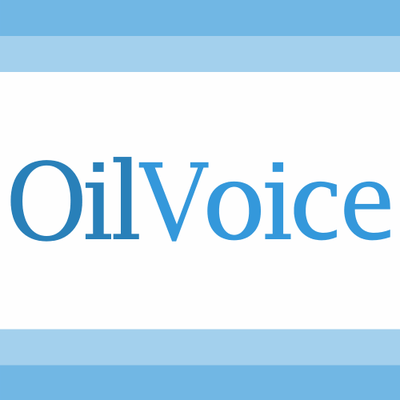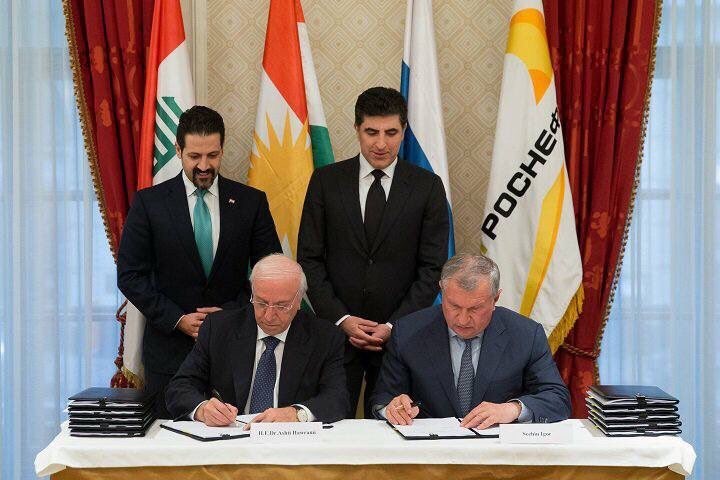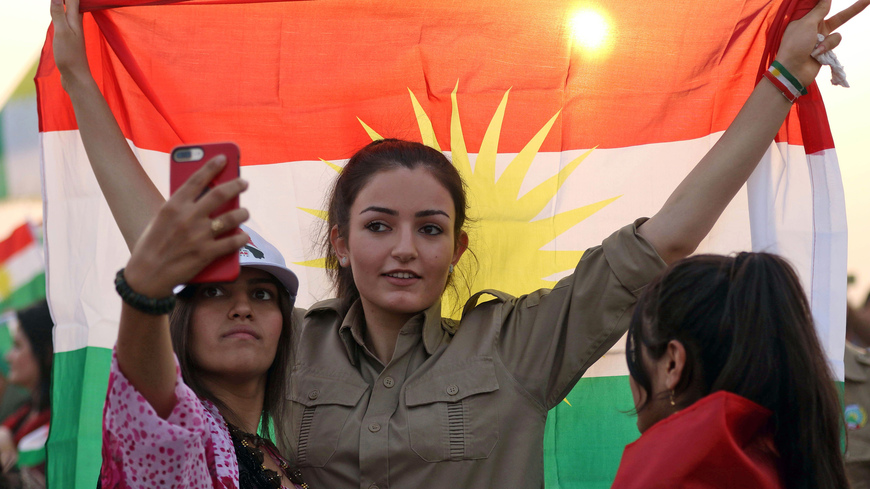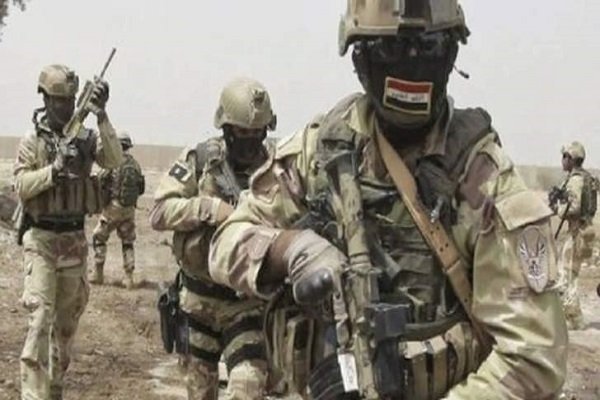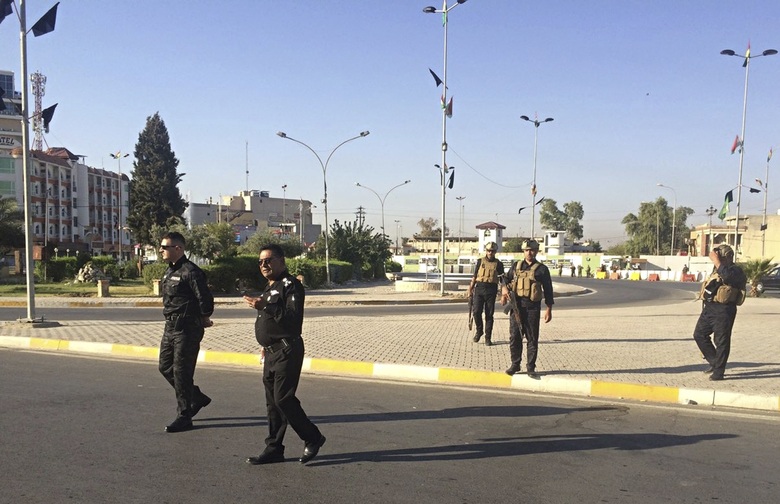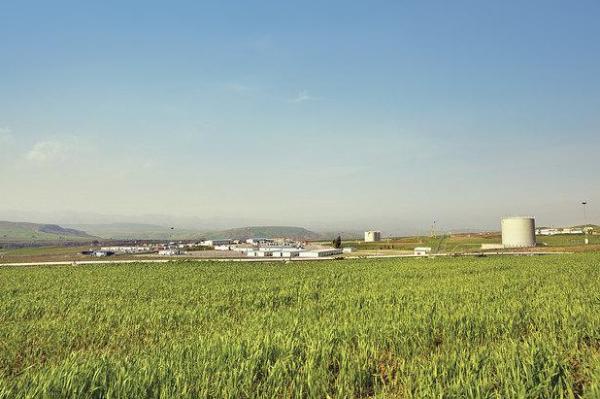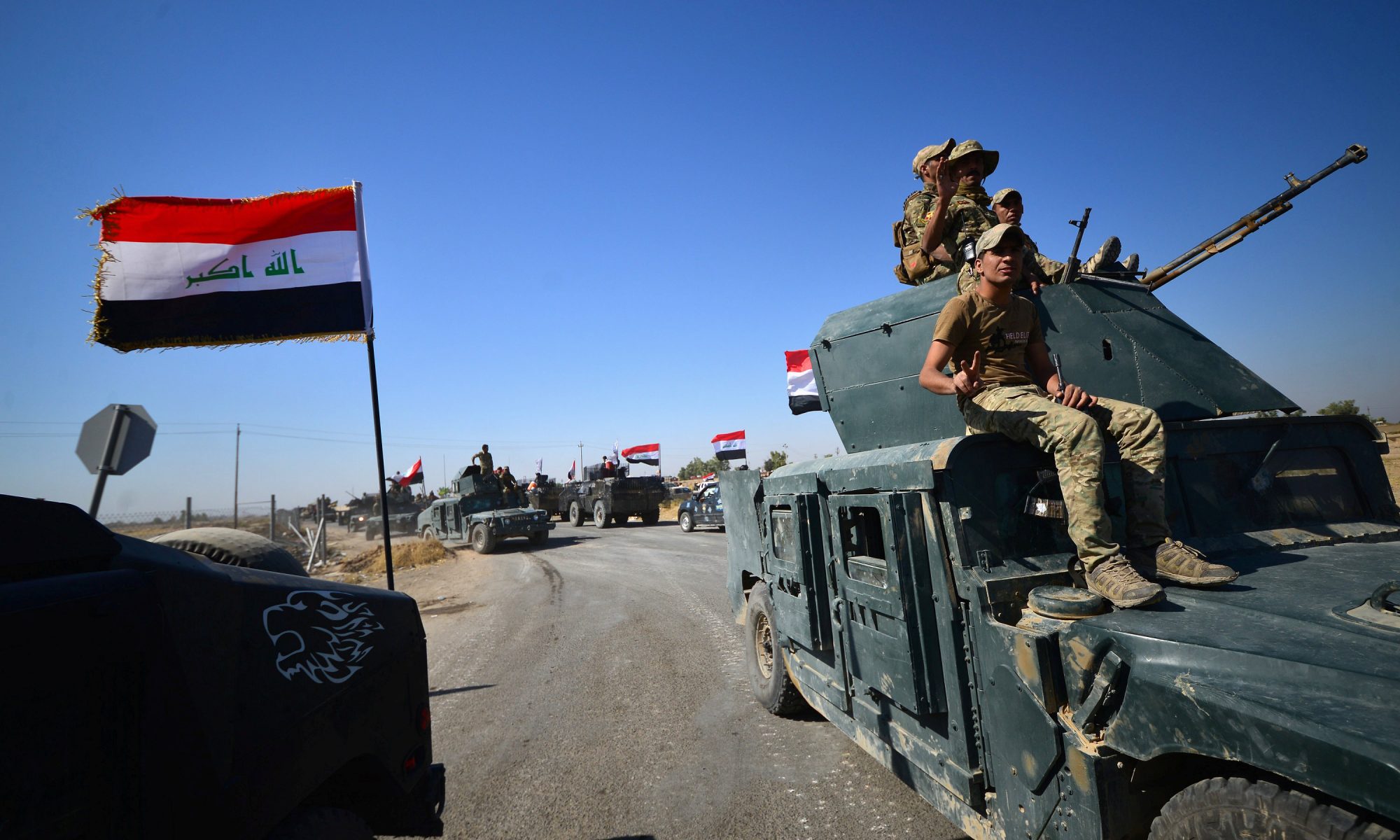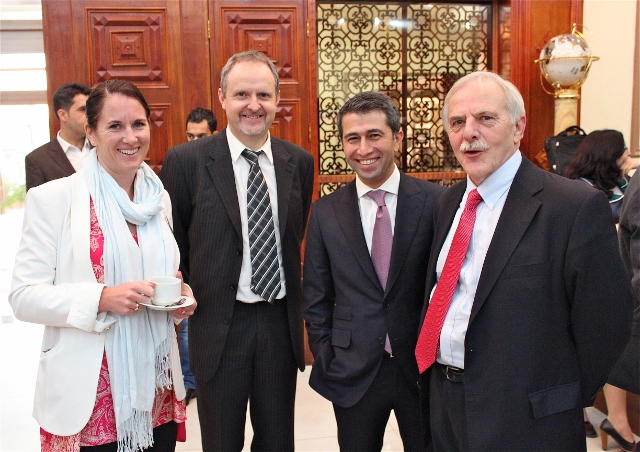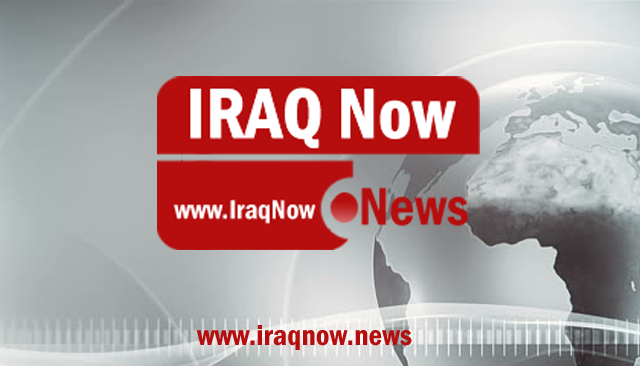Petrofac has been awarded a contract, valued at around US$30 million, to undertake Project Management Consultancy (PMC) services for the Halfaya Contract Area (Halfaya) in southern Iraq.
Working in support of PetroChina International Iraq FZE (PetroChina), as the lead operator of Halfaya, Petrofac’s Engineering and Production Services (EPS) East business will undertake project management services for five years.
Petrofac is responsible for managing and supervising the development and progress of several engineering, procurement and construction work scopes including: the central processing facility, power plant expansion, gas process plant and all associated facilities. For each work scope, activities will include the management of detailed design, procurement, construction and commissioning.
Manivannan Rajapathy, Managing Director, Petrofac EPS East said:
“This important award reflects our growing capabilities in a core market. Through the provision of PMC services, we are demonstrating our competence and capabilities to oversee large programmes of work. This builds upon our long track record for in-country execution for existing clients, through the delivery of engineering, operations, maintenance and training activities.
“We are pleased to have the opportunity to support PetroChina and the Halfaya partners in the delivery of this key infrastructure project. Our focus is to support sustained production, through the successful conclusion of each phase, towards the overall production plateau target of around 400,000 barrels per day.”
(Source: Petrofac)

